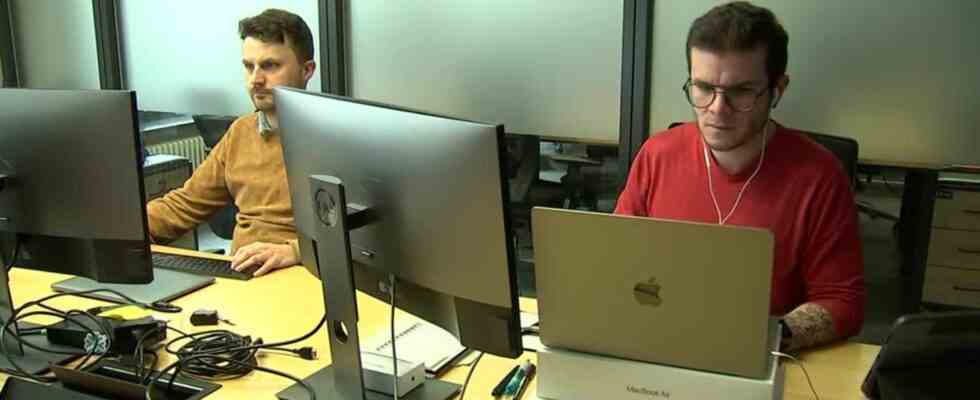STORY: Alex Madrigal is a data analyst and economist from Costa Rica. Now he works as a data consultant at Interworks in Berlin. According to the company, a leading consulting company for data management and for the visualization of data analyses. Getting the visa went very quickly, says Madrigal: “Super, super fast. I applied to the German embassy in Costa Rica. And yes, I submitted the application early in the morning and six hours later they called me and said, yes, we approved it. And I was totally surprised. I said to myself, how is that possible? Only six hours and now they approved everything? It was such a surprise.” confronted with the enormous hurdles that people who are new to Germany have to jump over. Bank account, work permit, apartment are just a few keywords: “To be honest, it was a bit complicated at the beginning, not only because of the job market itself, but also because of the job market , because Germany is a country that’s a bit complicated. It’s a bit intimidating. So there’s a lot of things to do.” The German government is aware of the difficulties that workers from abroad have here. Among other things, laws are to be introduced that will make it easier for foreign workers to settle down in Germany after their arrival. Among other things, when recognizing educational qualifications, professional experience should be weighted more heavily and included in a points system. Companies like Interworks welcome that: Justus Niemzok, Regional Director Interworks: “I don’t care where the people come from. So they have to be good, they have to do good work – and that’s what they do. If I’m completely honest, my gut feeling is that the people who come here are more motivated and driven than the people I’m already here. And that is also attractive to me.” According to a survey by the Association of German Chambers of Industry and Commerce (DIHK), more than half of German companies have problems filling vacancies. The DIHK estimates that two million vacancies remain unfilled, which corresponds to a production loss of almost 100 billion euros. Motivated professionals from abroad, like Alex Madrigal from Costa Rica, can help. And that works even better if you don’t put any bureaucratic hurdles in their way.

